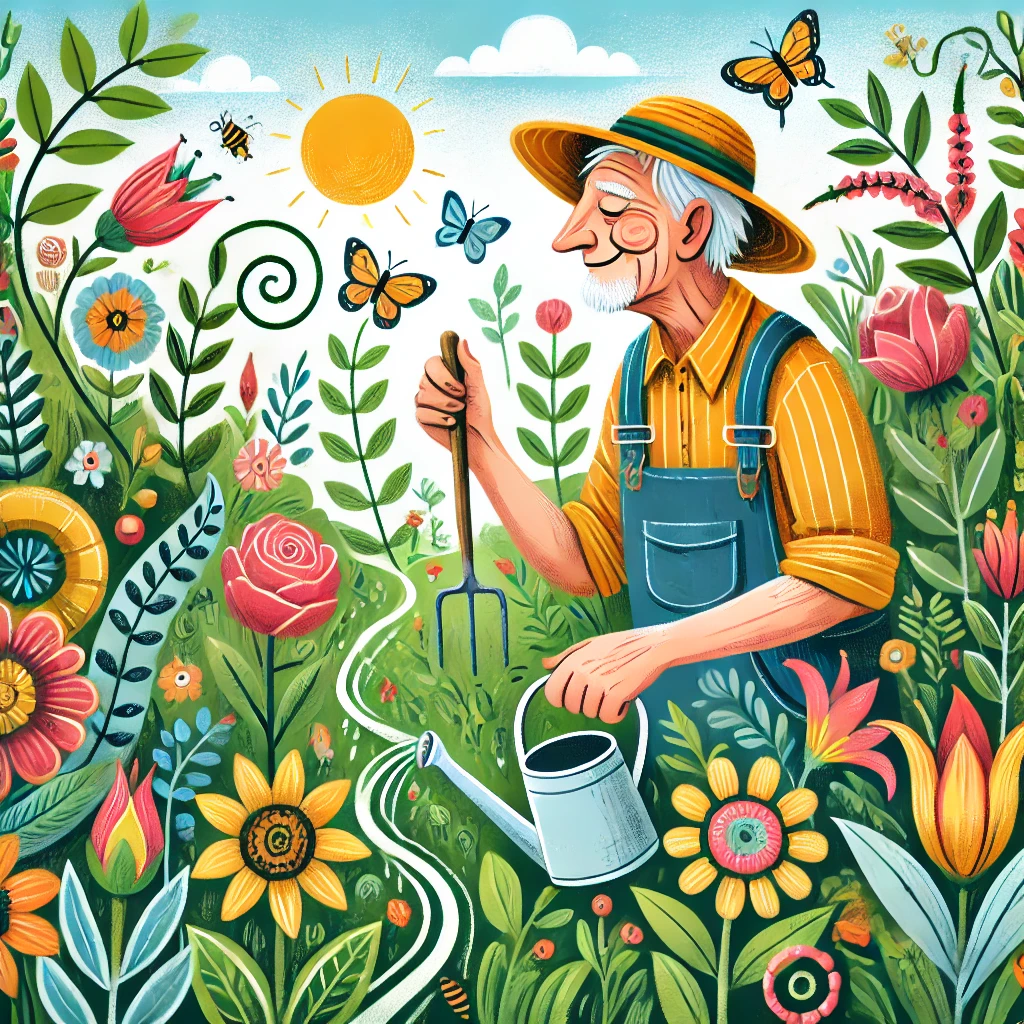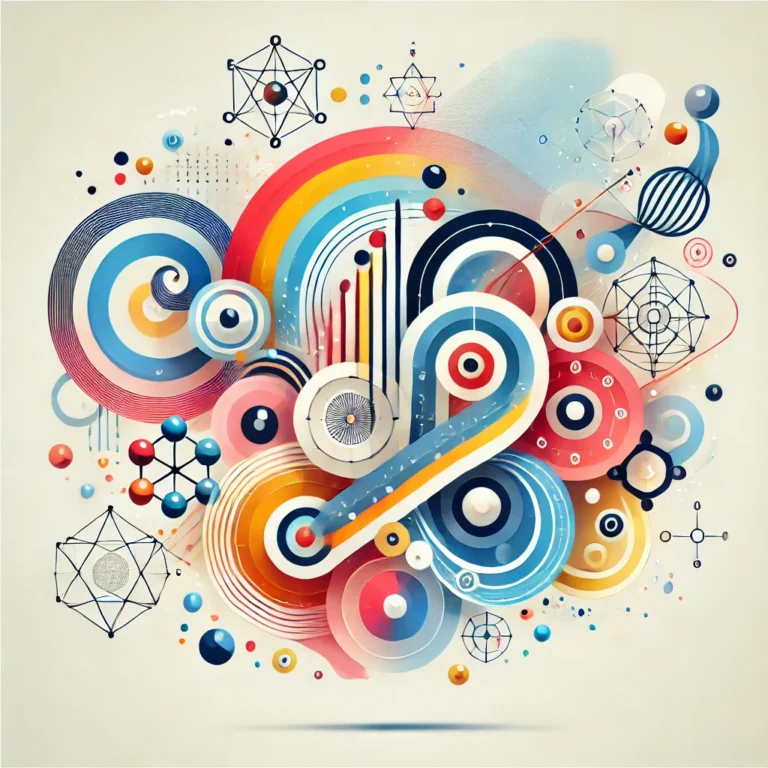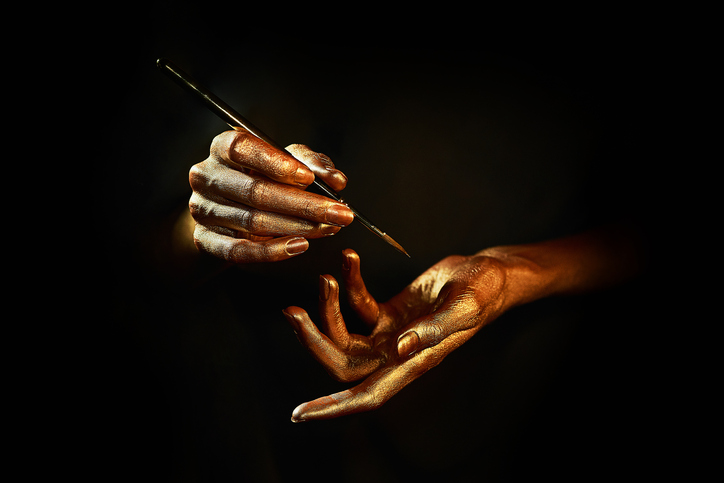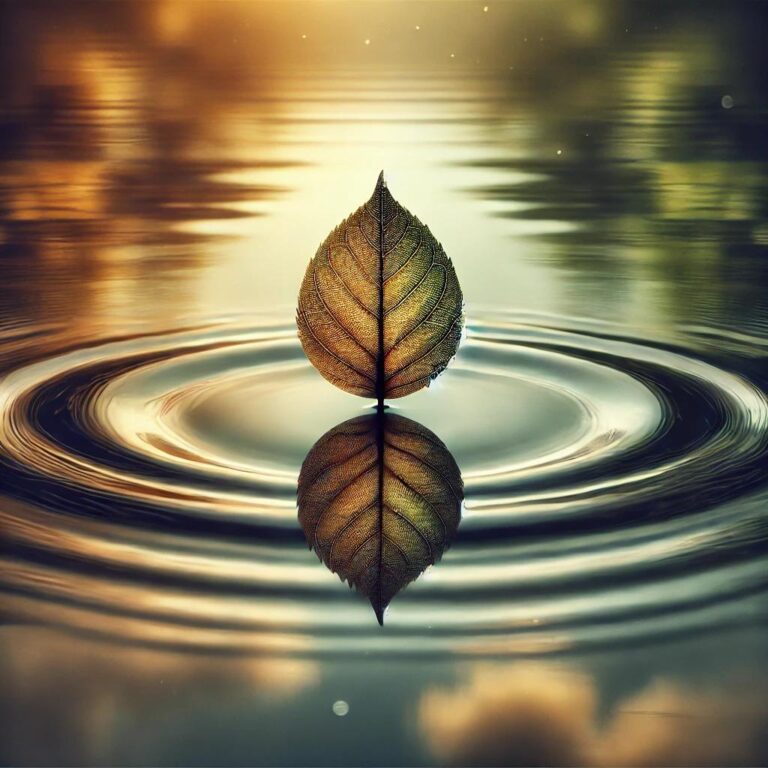Stanley Kunitz’s The Layers: How poetry offers hope and vision for humanity

In 2001, during National Poetry Month, Robert Siegel on NPR’s All Things Considered asked Poet Laureate Stanley Kunitz whether poetry was a dying art. Kunitz replied, “No, in fact, people are more involved with poetry now than I’ve ever seen in my lifetime.”
This optimism wasn’t always Kunitz’s outlook. In the 1970s, fewer people were reading poetry, and Kunitz himself fell into depression after losing several close friends and family members. Out of that despair, he wrote one of his most celebrated poems, The Layers:
I have walked through many lives,
some of them my own,
and I am not who I was,
though some principle of being
abides, from which I struggle not to stray.When I look behind,
as I am compelled to look
before I can gather strength
to proceed on my journey,
I see the milestones dwindling
toward the horizon
and the slow fires trailing
from the abandoned camp-sites,
over which scavenger angels
wheel on heavy wings.Oh, I have made myself a tribe
out of my true affections,
and my tribe is scattered!
How shall the heart be reconciled
to its feast of losses?In a rising wind
the manic dust of my friends,
those who fell along the way,
bitterly stings my face.
Yet I turn, I turn,
exulting somewhat,
with my will intact to go
wherever I need to go,
and every stone on the road
precious to me.In my darkest night,
when the moon was covered
and I roamed through wreckage,
a nimbus-clouded voice
directed me:
“Live in the layers,
not on the litter.”Though I lack the art
to decipher it,
no doubt the next chapter
in my book of transformations
is already written.
I am not done with my changes.
The Layers is a masterpiece that resonates deeply with the human experience of loss, transformation, and renewal. For me, Kunitz’s words encapsulate the essence of poetry: the ability to tap into a realm of possibility that eludes most of us, revealing profound truths with an elegance that feels almost magical.
Poetry and the Vision of Humanity
Great poets like Kunitz remind us of the immense power of poetry to offer us visions of hope and renewal. The other day, a friend remarked that what is dying today are “inadequate visions of what it means to be human”—consumerism, greed, and corruption being examples of these limiting frameworks.
If this is true, poetry’s relevance can only grow. Poetry gives us a higher vision of what it means to be human, challenging us to imagine new ways of being. Sigmund Freud himself acknowledged this, famously stating that no matter how groundbreaking his ideas or discoveries were, artists had always arrived there before him.
Poetry, with its ability to crystallize human emotion and insight, invites us to see the world—and ourselves—with new eyes. It’s a timeless art form that guides us to live, as Kunitz says, “in the layers, not on the litter.”
Why Poetry Matters Today
As we navigate a world filled with noise and distractions, poetry offers us a rare gift: stillness, reflection, and the possibility of transformation. Poems like The Layers don’t just speak to personal grief or change; they offer a roadmap for resilience and hope.
Perhaps this is why Kunitz, even in his darkest moments, found the strength to continue creating. And perhaps this is why poetry continues to endure—it reminds us of our capacity for growth, our interconnectedness, and our potential to see beauty in the midst of chaos.

So, is poetry a dying art? I think not. If anything, its importance grows with each passing day, offering us an antidote to the inadequate visions that no longer serve humanity.





